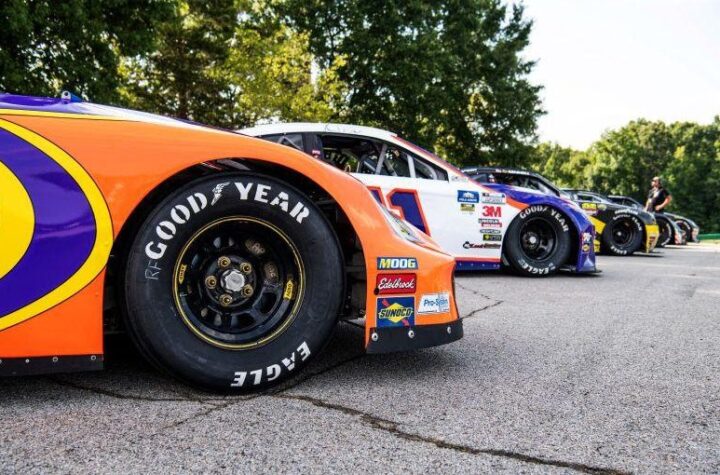
Conventional hydrocarbon gasoline made from a broad spectrum of non-food biomass feed stocks are gaining support from major firms. The fuel, termed “biogasoline”, has equal energy content of petroleum gasoline at lower cost per Btu than alcohols. It is derived from plant sugars converted into the same hydrocarbon molecules as petroleum gasoline and can be used as fuel without spark ignition engine modifications and without changes in the market distribution infrastructure.
The process is a development of Virent Energy Systems Inc. Madison, Wisconsin, in collaboration with Royal Dutch Shell plc, the world’s largest distributor of bio fuels… A joint statement by the team claims biogasoline fuel has higher energy content than ethanol or butanol and costs 20-30% less per Btu. .Its development has advanced rapidly, according to Virent; having exceeded milestones for yield, product composition and cost.
Honda Motor Company is a Virent investor… Another is Cargill, Inc., founded in 1865, a leading factor in World agricultural products… Cargill, which operates ethanol plants, is supplying Virent with biomass feedstock for development work.
At the heart of the process is Verint’s BioForming platform technology which employs low temperature aqueous-phase reforming and solid state catalyst [rather than microbes] to convert plant sugars into hydrocarbon molecules like those produced in a petroleum refinery… Virent Co-Founder Dr. Randy Cortright said “accelerated commercialization is justified and is on track for commercial scale demonstration by 2010”.
Dr. Graeme Sweeney, Shell Executive Vice President Future fuels and CO2 said that in view of current bio fuel distribution limitations and needed engine modifications, Verint’s “fuel characteristics similar or even superior to petroleum gasoline and diesel, are very exciting”. Cortright said the molecules produced by the process can be blended seamlessly to make conventional gasoline with or without ethanol. Production of gasoline, diesel and aviation Jet-A fuel are all possible… Cortright said “Virents’ unique catalytic processes use a variety of biomas–derived feedstock .and that any bio material that provides a source of sugars can be used.
Virent Director of Marketing, Mary Blanchard points out that “something around a quarter of existing ethanol production capacity is the wet mill type which could be converted to low temperature catalytic BioForming technology for biogasoline production at significantly lower capital costs than would be needed for new Virent plants.
Virent’s Aqueous Phase Reforming system is based on an exclusive license from the University of Wisconsin Alumni Research Foundation.
Images are available at: www.shell.com/virentbiofuels











More Stories
Automotive Industries (AI) Newsletter April 2025
Bangkok International Motor Show 2025 – The Talk of Sensuous Automotive
Earn GHG reduction values through MOL Pure Car Carrier “Book and Claim (B&C)” service